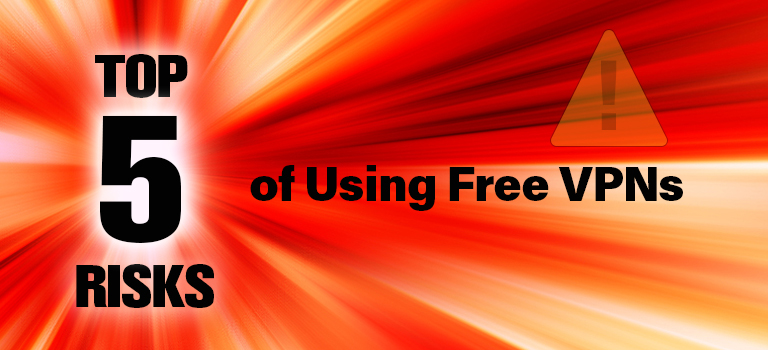VPNs are not always as safe as we think they are, especially the free ones. Their promise of private browsing sessions is subject to the service provider’s integrity, and for many who provide the service free, you should not depend on it.
VPN stands for Virtual Private Network. They have been around since the early days of the internet. They were used by organizations as means of sharing information within the organization while still on the internet. It was more like a pathway in the internet land that only members of the organization knew.
This was in the late 90s and early 2000s.
Things changed in the late 2000s and the 2010s. Third-party providers started making VPN services available for the average consumer. Consumers used this service to create secure connections, ensure privacy, prevent malware, unblock geo-restricted content, and hide their physical locations. It became a tool that everyone on the internet could use. The law of supply and demand kicked in.
Providers have sprung up with different offerings of VPN services. Some offer the service for a fee and promise premium features, while others offer the service at a meager price of free!
It is estimated that 31 percent of the 5.4 billion internet users today use a VPN service. Three out of ten of these people use VPNs to access the internet, and a large percentage of these people use free VPNs.
What Risks Come with Using Free VPNs?
Are VPNs safe? – a question which lingers on about the growing use of the VPN. There are risks attached to using a VPN, and these risks are further exacerbated when one uses a free VPN service.
Free VPNs are notorious for being deceptive. They appear to be free, but the hidden costs make using VPNs extremely dangerous. Free VPN providers frequently use shady methods to make their business profitable and free for their users.
First, these methods jeopardize the VPN service’s promise of privacy. Secondly, it puts its users in danger. Below we discuss the top 5 risks of using free VPNs.
1. Your Personal data can be sold
Providers of Free VPNs collect user data and sell it to bidders. They can do this because of how a VPN works. VPN services encrypt your data and prevent your ISP and other snooping agents from seeing what you do online.
These VPN providers can embed trackers in their service such that they are to collect their user’s data. In 2020, Comparitech’s Bob Diachenko uncovered seven of these free VPN providers despite their claims of not tracking their customers.
2. Free VPNs can be sources of malware
Free VPNs are plagued with a lot of vulnerabilities. They are often vehicles for different forms of malware. Advertisement malware is the common form of malware found in free VPNs.
Sometimes, these VPN services are just a front for a malware distribution scheme. Your data and online activity are never really as private and secure as you think when you’re using them.
3. Internet Speeds are Decreased Significantly
VPNs substantially slow down your internet connection. The whole process of encrypting and decrypting data adds lag to how fast your internet speeds are. With free VPNs, this lag is further amplified. This means that you will waste more time waiting for web pages to load.
4. Unwanted pop-ups keep appearing
Online ads are annoying because they are persistent and unwanted. Some VPN providers that don’t charge for their services either display pop-up ads or occasionally redirect you to pages with sponsored content.
Intrusive ads are the price you pay for browsing privately for free. When bundled with a VPN, they also slow down your browser.
5. VPNs may lack at unblocking content
As with most VPN users, you probably use VPNs to get access to geo-restricted content. Video streaming platforms like Netflix come to mind. Using a free VPN to access Netflix content will mostly be unsuccessful.
Free VPNs use poor encryption technology, and websites with strong security protocols will suspect such data requests. For instance, Netflix will often deny access. They use geo-blocking to protect their content. Just a few premium VPNs can unblock their content, and when they do, it is always difficult to sustain a full movie.
Other websites might confirm your humanity by asking you to complete CAPTCHA requests. These are those little pictures of buses, traffic lights, and crosswalks you are asked to check when surfing the web. Sure! You’ve seen those.
Conclusion
The biggest takeaway is nothing is exactly free. Using free VPNs exposes you to more harm than the promised few minutes of private browsing sessions.
Privacy concerned users would find it better to seek alternatives to using free VPNs. Purchasing premium VPN services is the better option. Or better still, instead of using VPNs, you could use more sophisticated privacy tools like anti-detect browsers.
Paul Cawthon
Tags: Encryption, ISP, Privacy, VPNs


